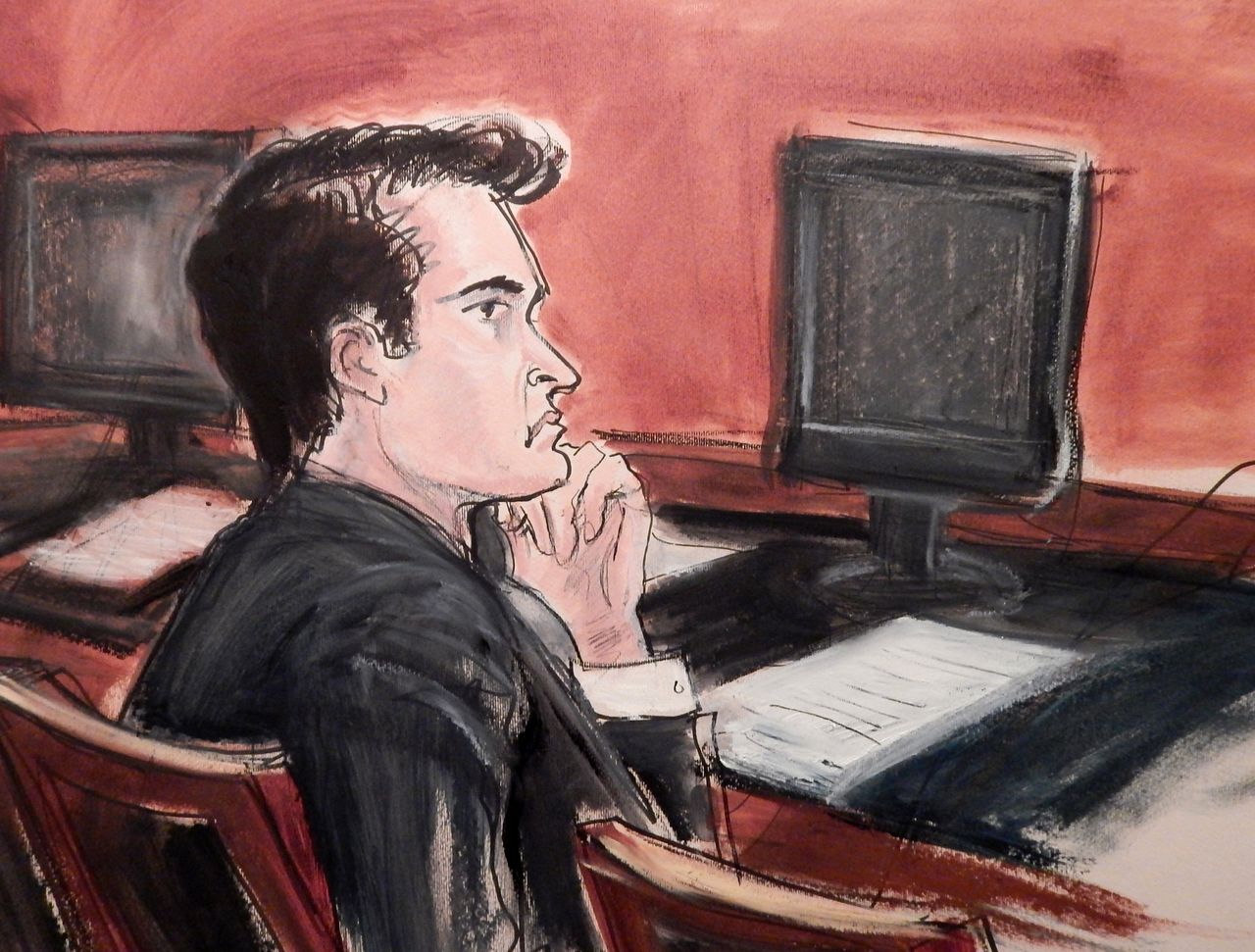On Tuesday evening, Trump announced he had fully pardoned Ross Ulbricht, the founder of the website Silk Road. The anonymous dark net marketplace, which became popular primarily for the trading of illicit goods, became one of the first use cases for Bitcoin.
“I just called the mother of Ross William Ulbright [sic] to let her know that in honor of her and the Libertarian Movement, which supported me so strongly, it was my pleasure to have signed a full and unconditional pardon of her son, Ross,” President Trump posted on Truth Social. “The scum that worked to convict him were some of the same lunatics who were involved in the modern day weaponization of the government against me. He was given two life sentences, plus 40 years. Ridiculous!”
Trump had promised at the Libertarian National Convention in May – and again at Bitcoin Nashville in July – to commute the sentence of Ulbricht on “day one.” By pardoning Ulbricht, Trump effectively eliminates his conviction. Commuting Ulbricht’s sentence, as Trump had previously promised, would have lowered or eliminated Ulbricht’s punishment while keeping the conviction in place.
The Bitcoin Community Cheers
Though Trump did not follow through on his initial promise by releasing Ulbricht from custody on January 20th, Ulbricht’s supporters on X seemed relieved by the news Tuesday.
“We Freed Ross. This counts as ‘Day 1’” Bitcoin Magazine CEO David Bailey posted on X. “Promises Made, Promises Kept.”
Last May, though attendees of the Libertarian convention booed Trump multiple times during his speech, his pledge to free Ulbricht was met with cheers. Audience members held signs that said “Free Ross.” Many of them support Ulbricht because of their disfavor of laws restricting drug sales in the U.S..
Ulbricht had served nearly 10 years after being sentenced to life in prison on drug trafficking, computer hacking, and money laundering charges. He had been arrested two years earlier after being found by authorities with his laptop open.
In the years since, Ulbricht had become a folk hero amongst bitcoiners for popularizing the cryptocurrency.
Ulbricht’s defenders point out that he himself did not himself sell illicit goods on the platform, and that the Silk Road marketplace did not solely exist for the purpose of selling drugs but also to engage with others in an anonymous space.
Some also dispute that Ulbricht was the primary operator of Silk Road, an argument made by Ulbricht’s defense in court.



